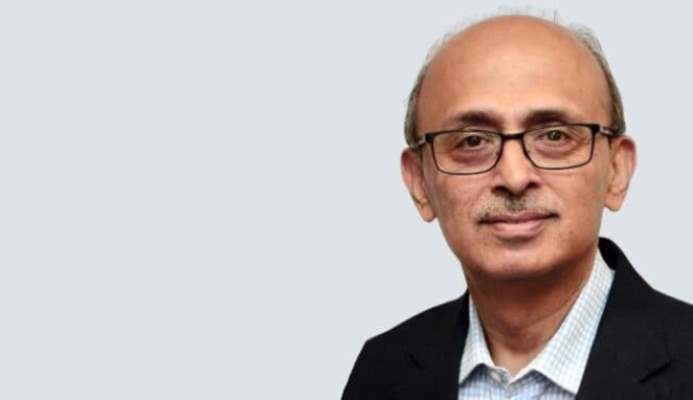
The Future of Work and Its Implications for HR: The Time is Now
As I write this, there is a new variant of the SARS COV 2 virus which is creating uncertainty of the path out of this Pandemic. Hopefully, we will have more clarity in a few weeks. Having said that, the world of Work has changed more dramatically in the last 20 odd months than possibly any similar period in recent memory.
And it’s been a perfect storm of various factors. There is more than enough evidence of the Climate Crisis that surrounds us, the looming threat of geopolitical uncertainty and challenges to the global power structure for the first time in 75 years since 1945, and the ever-accelerating pace of technological disruption which is changing the way the entire global economy operates and the way we live. To top it all there is always the X factor of a Black Swan event such as a once in a century pandemic, one which we are not out of yet.
The concept of the Future of Work has been researched, spoken, and talked about for at least a decade or more. It’s time we accepted the fact that the future is here already and the sooner we accept this – the better for us to then adapt to the unique challenges and opportunities that face us. The COVID pandemic only accelerated a trend of a more enhanced and end-to-end “experience” view of people/ HR processes and policies.
The new generation of the workforce has grown up in a mobile-first, high experience and sharing world driven by a combination of the digital and physical. I don’t think there is any turning back on this trend. Organizations will have to be “on” 24 by 7 – listening, nudging, shaping narratives, and creating experiences for all people they touch – whether their employees, customers, or any other stakeholders. For leaders – it will be literally like “leading in their sleep”.
Wellness and wellbeing were already on the agenda – the last two years have brought it to the center stage. I don’t think this is just about HR as a function alone – this is now even in the C suite and board rooms. People all around have become acutely aware of the need for this and any organization which does not continue to make it a priority will do it at its own peril. This holds true even for issues around ESG, corporate citizenship, and other such larger societal impact topics.
If one looks at why some of this seems bewildering and we continue to debate a future that is hard to predict at the best of times is due to a few fundamental mind shifts that we seldom discuss:
- For too long our structures, systems, processes, and policies have borrowed from Frederick Taylor and the thinking of the mass production shop floor. In a world of design thinking and experience – we need to focus on human experience and not just on operational efficiency
- At a mindset level and this is truer for many leaders – a sense of control and stability (or BAU) will need to be let go – it’s going to be about being nimble and embracing a sense of impermanence. Maybe we are in an era of permanent instability?
- And for the employee-organisation psychological contract – we are well beyond multiple jobs/ roles – we are already thinking about the extended workforce and portfolio careers
In the midst of all this, a question that is often asked – so what does this mean for the HR function and how should it respond? In my view this is now beyond just the HR function – it’s already on the table of Boardrooms and in the C-suite as I mentioned earlier. The HR function needs to adapt quickly and realize that it’s not something they need to “control and shape” alone. It’s a larger organizational theme. However, a few things that do need a shift, and today there are more questions that clear answers:
- Is it time to retire the HRBP-COE-SSC model? Maybe we need to explore operating models that allow for far greater integration across disciplines and permeable boundaries with the business. Organise not by process and function but where you touch people?
- Should we rename the Function? (People Matters…..People Operations), At a time when in a matter of within a decade we will have more intelligent machines in the workforce than humans, does that future require us to also look at what we do with the intelligent (not yet sentient) but non-organic, silicon-based workforce?
- In an increasingly social media-influenced and activist talent market how does the function take on more impactful roles for themes such as ESG, Corporate Citizenship, and the longer-term Societal Impact of technology disruption to jobs?
These shifts are neither easy nor do all organisations fully understand the implications of these. However, it’s of imminent importance that HR leaders and professionals start thinking of this future sooner than later. We postpone these hard questions at our own peril. So, how often are you discussing these questions?








